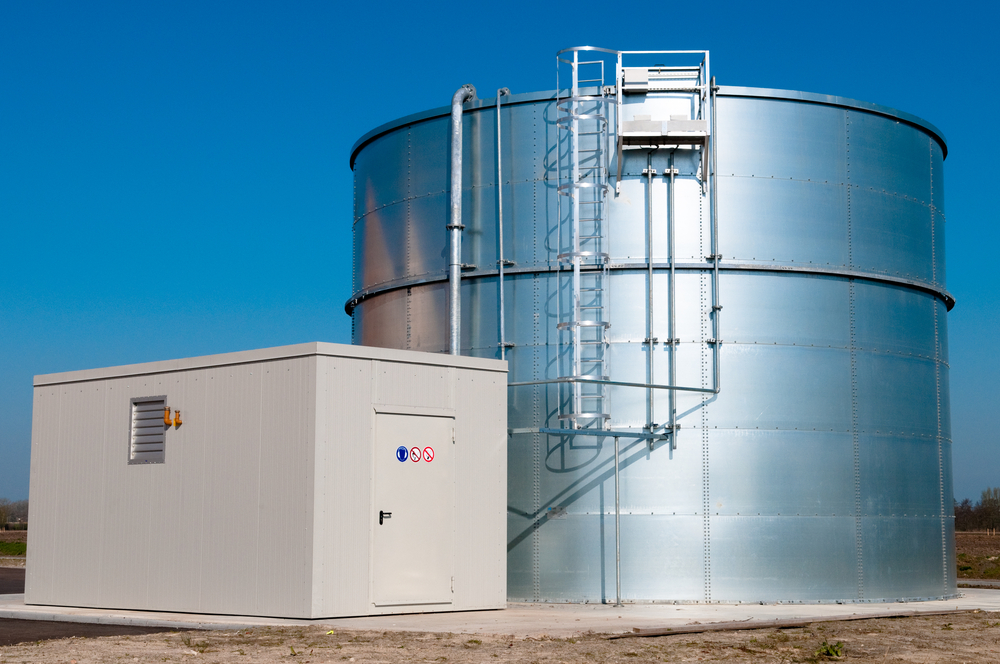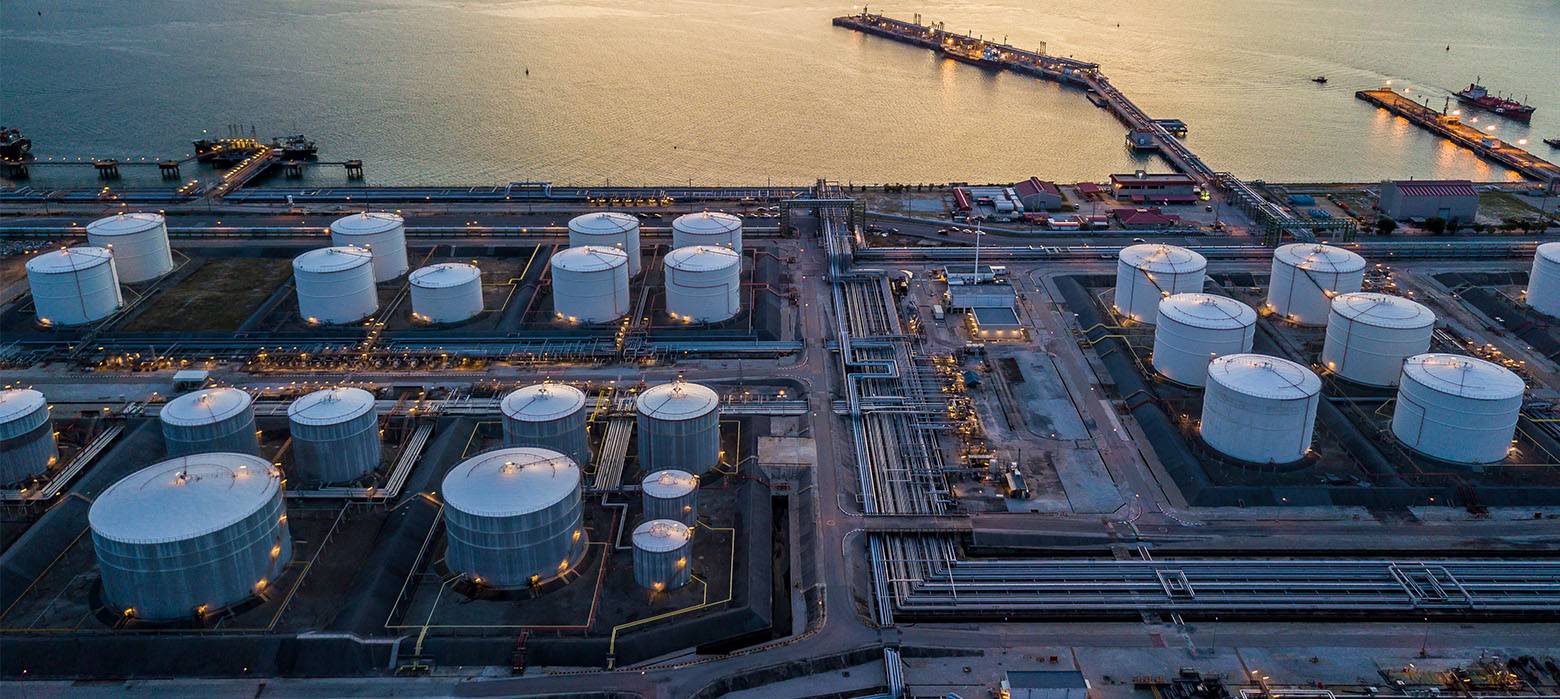
- admin
- June 4, 2021
How Do You Keep Water Fresh in a Storage Tank?
Water quality and cleanliness in industrial storage tanks should be checked on a regular basis. When the stored water is utilized for human consumption, this is very significant. Several factors contribute to the unclean state of stored water.
The quality of the source water used to fill the industrial storage tanks is one of the most important considerations. When the water stored in tank reservoirs comes from a private well, the well’s condition should be the main focus for keeping the water clean.
When properly disinfected wells and wellheads are used, water kept in industrial storage tanks should remain relatively clean and only require disinfection as needed. Tank openings, fittings, and other potential contamination locations should all be kept in good working order. Cleaning the interior of the industrial storage tank on a regular basis, at least once a year, is recommended.
Chlorine concentration
The process outlined here is designed to achieve a free chlorine content of roughly 1 part per million (ppm), which is the standard for private (non-public) water systems. This process of sanitization will allow the treated water to be used in the home indefinitely. This is not a chlorine-shock disinfection approach.
Cleaning the industrial storage tank on a regular basis, as mentioned above, will help to reduce the need for shock chlorination. Shock chlorine disinfection necessitates concentrations of around 200 ppm and may demand draining the treated water.
Sanitizing procedure
1 to 1 1/2 fluid ounces (2-3 tablespoons) of regular unscented, non-detergent household chlorine bleach (5.25 percent concentration) per 500 gallons of water to be treated in a clean quart container about half full of water. Directly into the industrial storage tank, pour the bleach solution. Stir or mix the bleach solution using a clean pole or paddle to distribute it throughout the tank. A thorough mixing time of two to three minutes should suffice.
Post-treatment precautions
Wait until the chlorine smell has gone away before drinking the purified water. Depending on the ambient temperature, wind conditions, and other factors, this could take 1 to 2 days. With the tank lids off, the chlorine will volatilize more quickly. However, contamination from rats, birds, or other airborne sources should be taken into account. When you boil or cook with chlorinated water, the chlorine normally evaporates, leaving the water tasteless and safe for most people.
People who are sensitive to chlorine or who are allergic to it should avoid drinking the treated water until the smell has gone away.
Chlorinated water used for irrigation may have a negative effect on some desired plants.
Maintenance tips
- Basic cleaning of the industrial water storage tank should be done on the same timetable as well disinfection on a recommended annual timetable. If the stored water supply comes from somewhere other than a well (rain-harvested or surface water, for example), it should be sterilized every 6 months or more regularly.
- In a water tank, sediment contributes to the growth of microflora and fauna. Keeping water clean and safe requires draining and eliminating sediment accumulation from a tank.
- When using stored water for home purposes, a whole-house or point-of-use water filtering system is recommended. Cartridge filters are relatively inexpensive and can be found at most hardware and home improvement stores. Dual filtration devices (sediment and activated charcoal) are more effective.
- Varmints, birds, and other unpleasant characters should not be allowed entrance to the industrial storage tank. Always keep the tank lids closed, and lock them if required.
To find the perfect industrial storage tank solution for your business, home, get in touch with GSC Tanks, the most recognized source for engineered industrial storage tanks, vessels, and silos for use in industrial and agricultural operations, as well as municipal water and wastewater treatment plants.
- fiberglass water storage tank
- Fiberglass Water Tanks
Category
- Above Ground Fuel Tanks
- Above Ground Gas Storage Tank
- Above Ground Storage Tanks
- Above Ground Water Storage Tanks
- Agricultural Tanks
- Chemical storage Tanks
- Diesel Fuel Storage Tanks
- Diesel Storage Tanks
- Exernal FloatingRoof Tanks
- Farm Water Tank
- Fiberglass Oil Tanks
- Fiberglass Septic Tanks
- Fiberglass Tanks
- Fiberglass Underground Fuel Storage Tanks
- Field Erected Tanks
- Floating Roof Tank
- Food and Beverage Tanks
- Fuel tank
- Industrial Chemical Storage Tanks
- Industrial Gas Tanks
- Industrial Hot Water Storage Tanks
- industrial hot water tank
- Industrial Plastic Tanks
- Industrial Storage Tanks
- Industrial Tank heating pads
- industrial tanks
- Natural gas
- Natural gas vs Propane
- oil storage tank
- Oil Storage Tanks
- Peracitic Acid
- Petroleum Tanks
- Residential gasoline storage tanks
- Residential Water Storage Tanks
- Sodium Hydroxide Storage Requirements
- Sodium Hypochlorite Storage Tanks
- Steel Storage Tanks
- storage tank failure prevention
- Storage Tanks
- Sulfuric Acid Tanks
- Uncategorized
- UnderGround Storage Tanks
- Waste water tank
- Water Storage Tanks

 Tank Size Calculator
Tank Size Calculator






